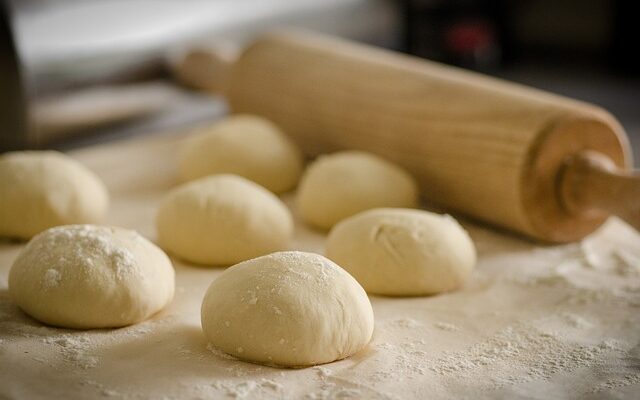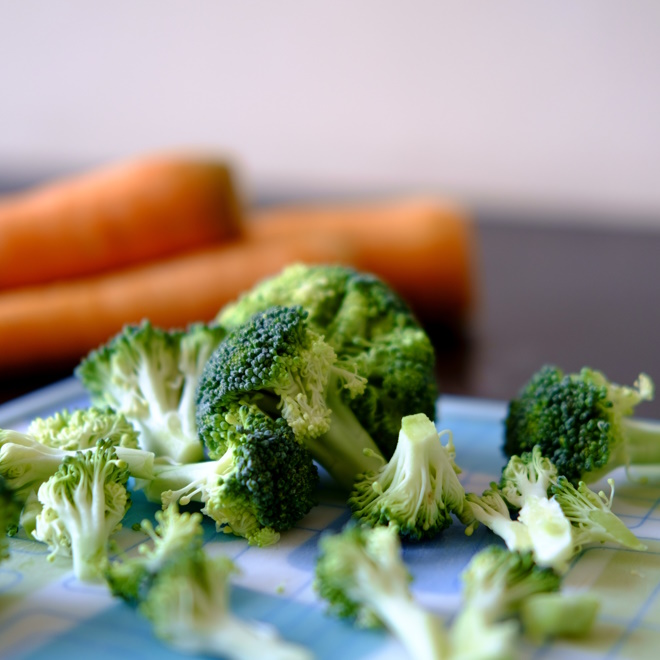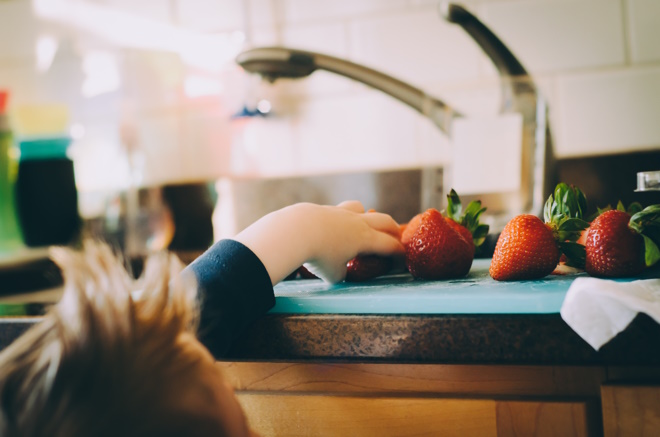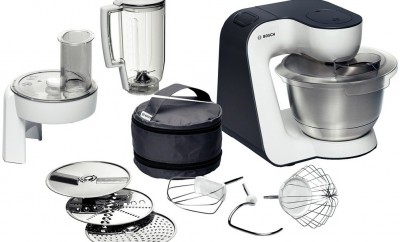
The Gen XY Lifestyle
Family time: Get your children to love the kitchen
Cooking is a valuable life skill since it helps kids develop creativity, critical thinking, and problem-solving skills while also teaching them about nutrition and healthy eating.
Are you struggling to get your kids interested in cooking?
Getting kids excited about cooking can be a challenge, but that should not discourage you.
The good news is that cooking can be enjoyable for kids if parents involve them in the process and make it a family bonding activity.
Here are some creative ideas for parents who want to involve their children in the kitchen and encourage them to enjoy cooking.
Choose Kid-Friendly Recipes
Cooking with kids requires recipes that are simple, easy to follow, and kid-friendly. Parents should choose recipes that are age-appropriate for their children and that their children will enjoy.
Some kid-friendly recipes include pizza, macaroni and cheese, pancakes, cookies, and cupcakes. These recipes are easy to make, and kids can help with measuring, mixing, and stirring.
In addition to the mentioned recipes, parents can also explore other kid-friendly recipes that are healthy and nutritious.
Smoothie bowls, homemade granola bars, and vegetable stir-fries are all great options for introducing kids to new and exciting flavors.

Additionally, parents can incorporate educational elements into cooking to teach and share healthy habits with children. They can do this during the cooking lessons by teaching their kids about the nutritional value of different ingredients and how to make healthy food choices. By introducing kids to a variety of kid-friendly recipes, parents can help instill a love for cooking and healthy eating habits in their children that will last a lifetime.
Assign Age-Appropriate Kitchen Tasks
Parents should assign age-appropriate kitchen tasks to children based on their age and skill level. Younger children can help with simple tasks such as washing fruits and vegetables.
Older children can help with more complex tasks such as chopping vegetables and using kitchen appliances such as blenders and mixers.
Here are some more age-appropriate kitchen tasks for children of different ages:

For ages 2-4:
- Washing fruits and vegetables
- Mixing ingredients
- Measuring ingredients
- Sprinkling toppings
For ages 5-7:
- Stirring ingredients
- Kneading dough
- Cutting soft fruits with a blunt knife
- Setting the table
For ages 8-10:
- Chopping vegetables with a sharp knife (under supervision)
- Using a blender or mixer (under supervision)
- Preparing simple salads
- Cooking simple dishes on the stovetop or in the oven (under supervision)
For ages 11 and up:
- Cooking more complex dishes
- Using kitchen appliances independently
- Planning and preparing a meal from start to finish
- Cleaning up the kitchen after cooking.
By assigning age-appropriate kitchen tasks to their children, parents can not only teach them important life skills but also boost their self-confidence and sense of accomplishment.
However, parents should always prioritise safety in the kitchen and supervise their children closely, especially when they are working with sharp objects or kitchen appliances.
Incorporate Fun Cooking Games
Cooking can be more fun for kids if parents incorporate games into the activity. Parents can challenge their children to a cooking competition or a cooking scavenger hunt.
Parents can play the “mystery box” game, where children are given a box of mystery ingredients, and they have to come up with a recipe using those ingredients. These games will make cooking more enjoyable for kids and help them develop their creativity and problem-solving skills.
Here are some more fun cooking games for kids:
- Recipe relay race: Parents can create a recipe with a series of simple steps, and children can race to complete each step in the recipe. The first child to complete all the steps correctly wins the game.
- Taste test challenge: Parents can blindfold their children and give them different foods to taste. The children have to guess the food they are tasting based on its flavor and texture.
- Food art competition: Parents can challenge their children to create a work of art using food as the medium. Children can use fruits, vegetables, and other ingredients to create their masterpiece.
- Cooking trivia: Parents can ask their children cooking-related questions, and children can earn points for correct answers. The kid with the highest score at the end of the game wins.
- Kitchen scavenger hunt: Parents can create a list of kitchen items, and children have to find each item on the list. This game helps children learn where different kitchen tools and ingredients are located.

By incorporating fun cooking games into the activity, parents can make cooking a more enjoyable and engaging experience for their children. These games also help children develop important skills such as creativity, problem-solving, and teamwork.
Strategies for Making Cooking a Family Bonding Activity
Cooking can be a great way for families to bond and spend time together.
Parents can use strategies such as involving their children in the meal planning process by letting them choose a recipe they want to try and then helping them shop for the necessary ingredients.
This makes cooking more fun for kids and also encourages them to explore new foods and flavors.
Parents can have family cooking nights where everyone helps with the cooking and cleaning up. Cooking can also be a great way for parents to teach their children about different cultures and cuisines by trying new recipes from around the world.
Making the Kitchen Safe and Enjoyable for Children
Parents need to ensure that the kitchen is a safe and enjoyable space for their children. They should teach their children about kitchen safety and how to use kitchen appliances safely.
Parents should also ensure that the kitchen is child-proofed by keeping sharp objects out of reach, installing stove guards, and keeping cleaning supplies out of reach.
To create a safe and enjoyable environment for their kids, parents can also consider working with kitchen redesign experts. Kitchen redesign experts can help parents create a kitchen that is safe and enjoyable for their children.
These experts can help parents choose kitchen appliances and furniture that are child-friendly and easy to use. They can also help parents design the kitchen layout to make it more functional and easier for children to navigate. For example, parents can have lower countertops and cabinets that are easy for children to reach.
Ultimately, parents can make cooking fun and enjoyable for their children through games, kid-friendly recipes, and age-appropriate kitchen tasks. By involving their children in the kitchen, parents can help their children develop important skills while also creating lasting family memories.
Article contributed by Inna Atwood. She works as a fitness coach and a part-time content writer. She loves reading and travelling. She is young and ambitious and does hope to share her knowledge and experience with anyone willing to learn something new.
Photo by Kelly Sikkema on Unsplash, by Reinaldo Kevin on Unsplash









